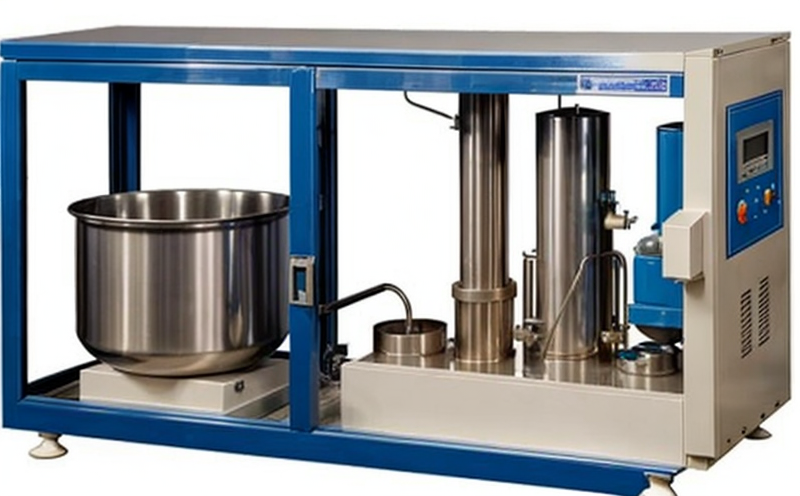ISO 53171 Aflatoxin Testing in Groundnut Cake Feed
The process of ISO 53171 Aflatoxin Testing in Groundnut Cake Feed is crucial for ensuring the safety and quality of feed products, particularly those derived from groundnuts. Aflatoxins are potent carcinogenic compounds produced by certain molds that can contaminate crops like peanuts during storage or processing. These contaminants pose significant health risks to livestock and humans consuming contaminated animal products.
Groundnut cake feed is a vital component in the poultry, swine, and dairy industries due to its high protein content. However, any contamination with aflatoxins can lead to reduced feed efficiency, increased mortality rates among animals, and potential legal issues related to product safety. Therefore, rigorous testing for aflatoxin levels is essential.
Our laboratory adheres strictly to the ISO 53171 standard which provides a robust protocol for determining the presence and concentration of aflatoxins in groundnut cake feed. This involves sample preparation, extraction methods, analytical techniques like High-Performance Liquid Chromatography (HPLC), and strict adherence to quality control measures.
The testing procedure begins with proper sampling of the groundnut cake feed, ensuring that a representative portion is obtained for analysis. The sample is then prepared following ISO 53171 guidelines which may include homogenization and digestion steps depending on the type of aflatoxin being targeted (B1, B2, G1, etc.). After preparation, the extract undergoes HPLC analysis to identify and quantify the levels of aflatoxins present.
Our laboratory uses state-of-the-art equipment such as advanced spectrophotometers and chromatography systems, all calibrated according to international standards. This ensures accurate and reliable results every time. Compliance with ISO 53171 not only guarantees precision but also builds trust among industry stakeholders who rely on our services for regulatory compliance.
Understanding the importance of this testing process is paramount for maintaining high standards in agricultural practices and ensuring consumer safety. By adhering strictly to internationally recognized protocols, we contribute significantly towards protecting public health and fostering sustainable agricultural practices.





